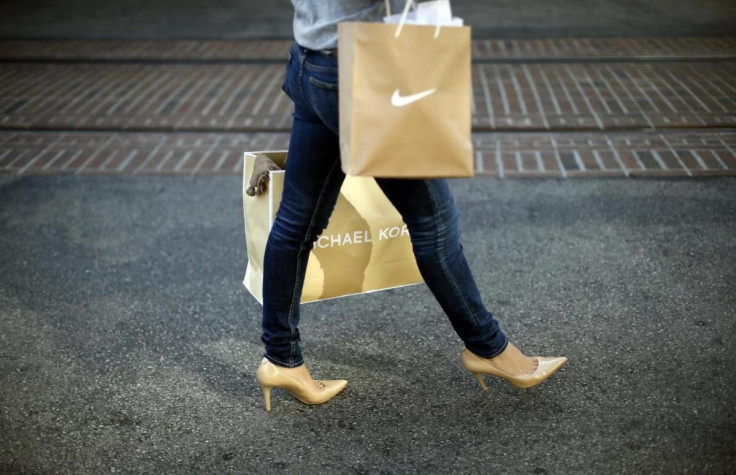US Economy: Retail Sales Drop In September, Prompting Further Recession Concerns

U.S. retail sales fell 0.3% in September, the first dip in seven months. The figure could mean that global trade tensions and recession concerns are taking a toll on consumer spending.
Some of the areas where Americans had spent less last month include motor vehicles, building materials and online purchases. The last time the figure had decreased was in February, when retail sales went down by 0.5%.
The decrease in retail sales was unexpected and may open the door for Federal Reserve Chairman Jerome Powell to further decrease interest rates, a demand of President Trump.
Job growth in the U.S. economy is also slowing down, with 136,000 jobs added in September. The U.S. has added an average of 161,000 jobs per month in 2019, compared to 223,000 in 2018.
The slowdown in job growth and the decrease in consumer spending could be connected. "The slowdown in job growth is perhaps starting to influence spending habits, but we'll need more data to confirm that thought," Jennifer Lee, a senior economist at BMO capital markets said on the issue.
U.S. manufacturing, an industry that has been the focus of the Trump administration, has also been struggling. The PMI manufacturing purchasing managers' index was at 47.8% in September, its lowest level in 10 years.
There are worries that tariffs from the Trump administration and the fallout from Brexit could lead to a global recession. Mark Zandi, chief economist of Moody's Analytics, told CNBC that he expects a much weaker economy in the coming year.
"I think risks are awfully high that if something doesn’t stick to script then we do have a recession. I’ll say this also: Even if we don’t have a recession over the next 12-18 months, I think it’s pretty clear that we’re going to have a much weaker economy," Zandi said.
© Copyright IBTimes 2025. All rights reserved.





















